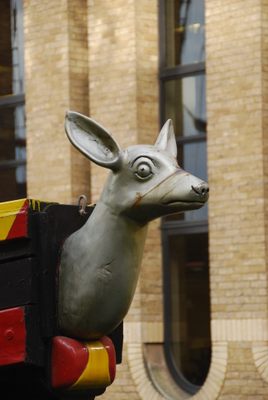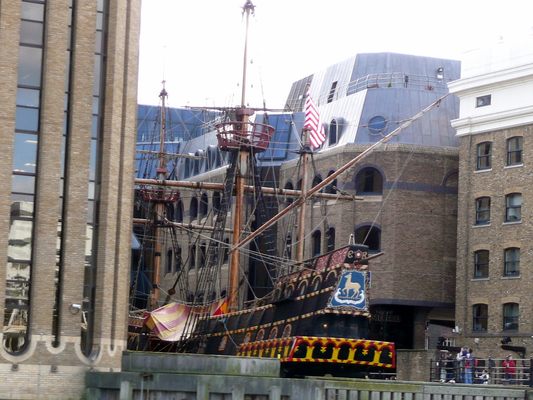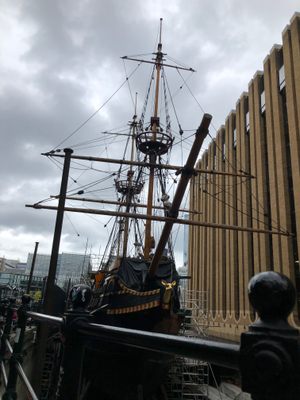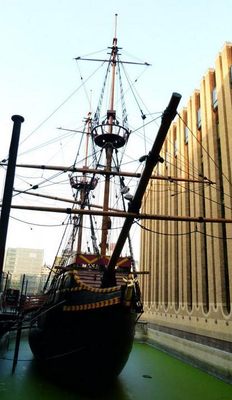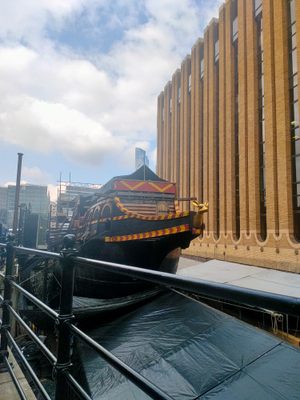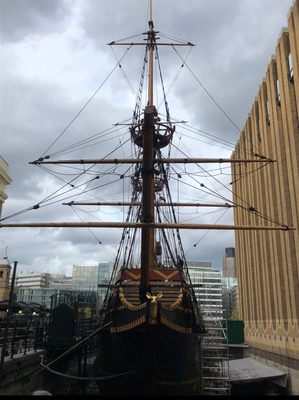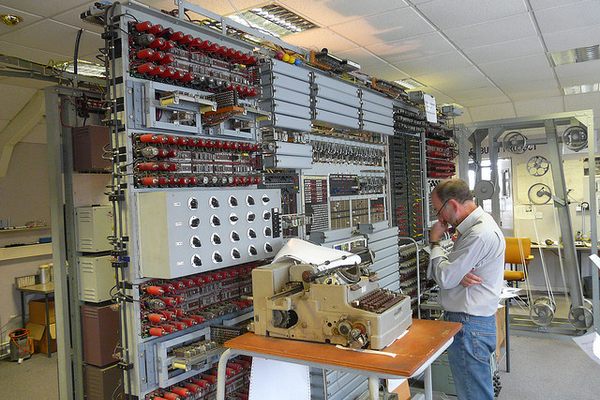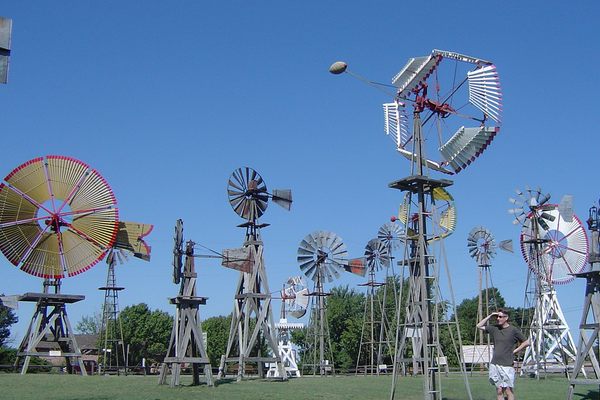About
When Sir Francis Drake returned from his epic circumnavigation of the globe in 1580, the Queen declared that his ship should be preserved so the public could revel in his success for years to come. Although well loved, the ship slowly rotted in place, surviving nearly a century before decay made it a lost cause.
In 1973, the current replica was launched from Devon, England. Since then, this fully functioning 16th-century style ship has sailed more than 140,000 miles—significantly more than the original.
The original Golden Hinde actually left England under the name The Pelican, but was renamed en route to flatter a wealthy patron of the voyage whose family crest featured a golden deer (a "hind"). Drake's mission in 1577 was not exploration, but espionage. He was contracted by the Queen to interfere with Spanish holdings along the Pacific coast of the Americas, sending him around the southern tip of South America and through the Straights of Magellan. In the Queen's words, "We would gladly be revenged on the King of Spain for divers injuries that we have received."
Five ships left port in England, but only the Golden Hinde made it all the way to the Spanish-held territories. Once he entered the Pacific, Drake's voyage quickly turned to piracy, and he sacked several Spanish ships, stealing their valuable navigation charts along with anything else of value, including, in a few cases, the ships themselves.
Drake eventually made it north of the Spanish settlement near San Diego, California, but where exactly he ended up is hotly debated. His original documents and charts, which encoded the landing place, burned in the fire that destroyed Whitehall Palace in 1698.
After the Pacific coast, Drake went east, past Indonesia, around the Cape of Good Hope, and back to England, where he was welcomed as the first Englishman to circumnavigate the world and knighted.
Drake's later career of daring, royalty-backed high-seas piracy escalated tensions with Spain. In 1588, Drake was Vice-Admiral of the English fleet when it defeated the Spanish Armada off the coast of England.
Wealthy and famous, Drake continued his adventures for the rest of his life, finally dying of dysentery on his ship off the coast of Portobelo, Panama, where he had been harassing some Spanish treasure ships.
The modern Golden Hinde started sailing in 1973, retracing Drake's circumnavigation from 1979 to 1980. Since then, the ship has sailed several more times around the world. She was finally anchored in 1996 at the St. Mary Overie Dock in London, where she now acts as a museum ship.
A second replica of the Golden Hinde exists in Brixham, Devon.
Related Tags
Community Contributors
Added By
Published
June 15, 2010




